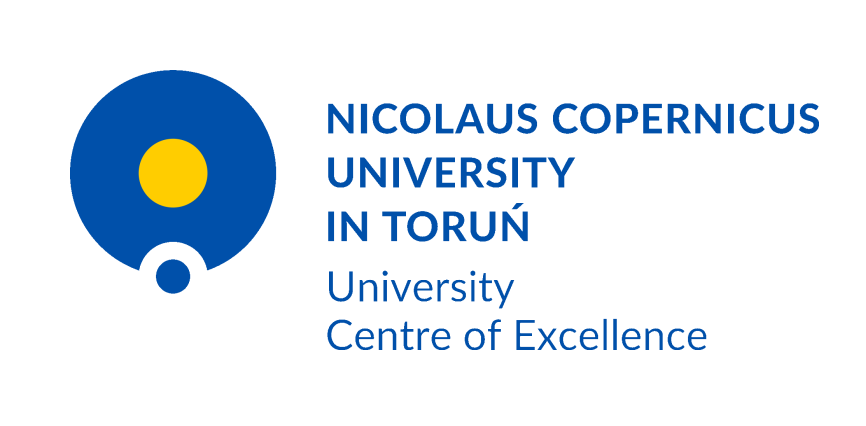Research scope
The main research areas of the Centre include astrophysics, quantum chemistry and theoretical spectroscopy, all of which focus on providing insights into the deeper understanding of the formation process of planets, stars and galaxies evolving from interstellar matter. The Centre has two groups which in a complementary way explore the life cycle of matter in the Universe.
„TASQ Force” Group. The scientific motivation of this interdisciplinary group is to achieve remarkable progress in astrochemistry, a dynamically developing new discipline of knowledge. Astrochemistry is a science that examines particles and their properties to describe astronomically relevant objects. The development of astrochemistry is essential to understand physical and chemical processes taking place in the areas of star and planet formation, and thus to determine the conditions for the formation of astronomical objects and the beginnings of life. Over 200 molecules have been discovered in the Cosmos so far, including complex organic compounds. However, it is not the discovery itself that is most important, but the fact that their observation is the primary source of information about the existing conditions and processes taking place in different areas of the Universe. To fully make use of the data collected by state-of-the-art measuring devices, such as ALMA (Atacama Large Milimeter/Submilimeter Array) or JWST (James Webb Space Telescope), it is crucial to have precise information about various physical and chemical properties of particles and how they interact with each other. Obtaining relevant data from an experiment is usually very difficult, or even impossible; therefore, reliable and effective methods of calculation are crucial.
„Galaxy Evolution and Structure” Group. The scope of the group’s research includes examining a range of complementary topics on star astrophysics, extrasolar planets, interstellar centre, dark matter and galactic evolution. The theme that joins these areas is the complex cycle of the evolution of matter in the Universe. Under the influence of gravity in our expanding Universe, a gravitational collapse of heterogeneous densities of matter occurs, which leads to the formation of dark matter halo. The loss of angular momentum, the cooling of matter and the formation of central densities of baryonic matter lead to the formation of molecular clouds within which stars and planets reside. Stars form heavy elements in their centres and during the final stages of their evolution they deposit them into the core, which becomes the building block for subsequent generations of stars and planets. On large scales, gas accretion in galaxy centres results in the formation of supermassive black holes and active galactic nuclei.
The defining characteristic of the Centre is the internal integration of astronomers, chemists and physicists from the Nicolaus Copernicus University and the strong international cooperation of these groups with renowned scientific centres around the world through a number of joint projects.


 ul. Grudziądzka 5, 87-100 Toruń
ul. Grudziądzka 5, 87-100 Toruń